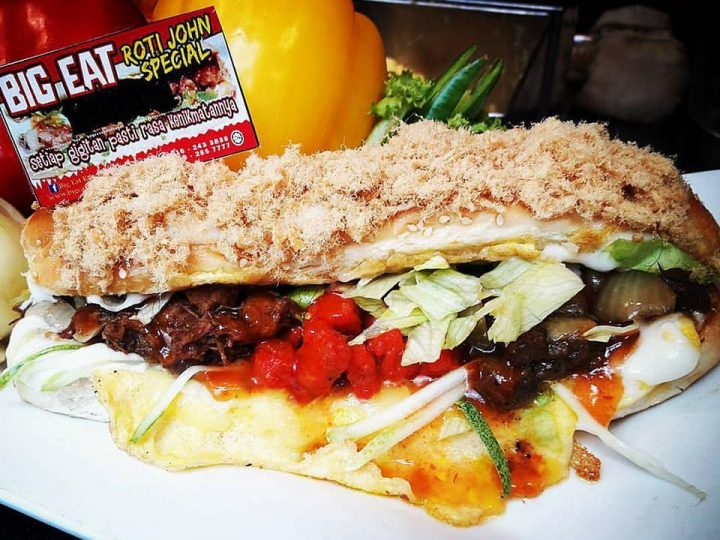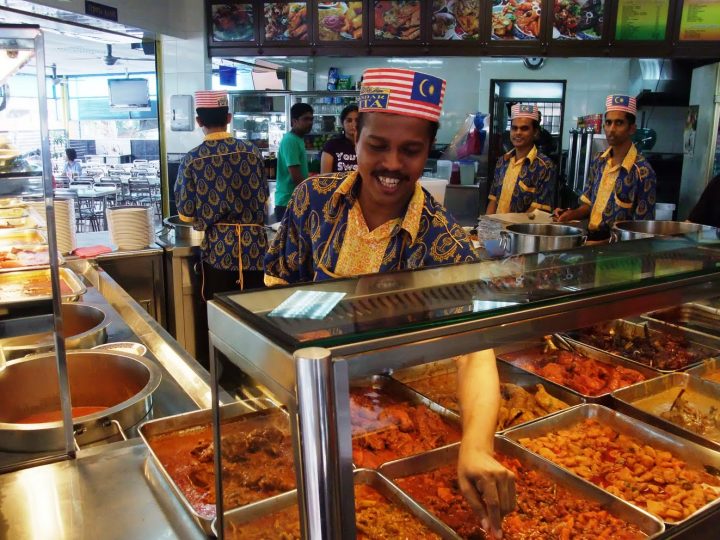8 Reasons Why Young Malaysians Aren’t Working as Waiters and Waitresses Anymore
 Thirsty for JUICE content? Quench your cravings on our Instagram, TikTok and WhatsApp
Thirsty for JUICE content? Quench your cravings on our Instagram, TikTok and WhatsApp

Earlier this month, a joint committee of local restaurant owners issued a memorandum to the government to request for more ease in the process of hiring foreign workers for their businesses. According to their statement, “some 2,000 Chinese coffee shops and 400 Indian-Muslim and banana leaf restaurants have ceased operations in 2017”.
That number is expected to increase this year due to the shortage of foreign workers – a commodity that these local businesses claim to need to survive.
Malaysia has a policy of disallowing foreign workers to be employed as frontliners. But despite that, majority of businesses in Malaysia–from F&B to hotels to your local carwash–hire foreigners as cashiers, salespersons, waiters and waitresses. According to Malaysian law, restaurants are allowed to hire foreign workers as cooks, but not as servers or cashiers.
So why aren’t young Malaysians (or just Malaysians in general) interested in or capable of working as service staff, particularly in F&B? Think about it, when was the last time you were served by your own countrymen? Probably at a cafe at Uptown D’sara that’s about to go out of business (lol). But what about the rest of the F&B industry–all the independent restaurants and F&B chains of local and foreign brands?
Why are we still adverse to serving others in a casual setting? Here are 8 reasons why Malaysians are not working as waiters or waitresses anymore…
Text Ben Liew + Ammar Haziq
1. We have a culture of looking down on dirty jobs
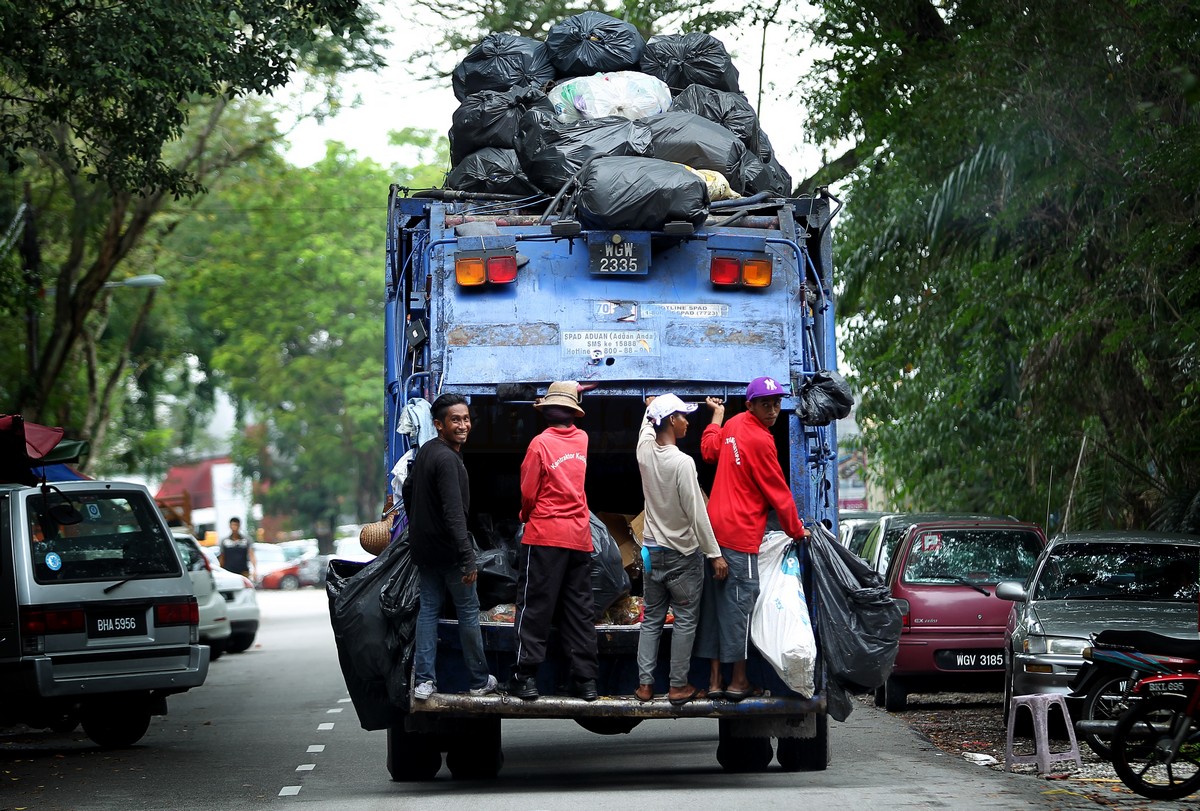
Majority of Malaysians were brought up to look down on dirty jobs. “Study hard or else you’ll end up working as a Garbageman” is probably still a line that’s thrown around any household with kids. We don’t necessarily look down on the people doing these jobs (thank God we’ve moved past that!), but we look down on the jobs themselves. Somehow, being sweaty and smelly doesn’t equate to a civilised profession, but corrupting the stock markets with greed is an act of a highly-talented individual as with coming up with apps that serve no purpose but to make your selfies look better or gain you more followers/fake friends.
It’s much easier to look up to a lawyer, doctor, coder or an engineer (maybe that why there are so many Malaysians with degrees in these fields but not as many worthy graduates). While waitering might not be consider the ultimate dirty job (that honour traditionally goes to politics), many parents still consider it a blue collar job with no career prospects.
Malaysia is one of the few countries that still has this culture and we complain about not having enough jobs, or that we should only do jobs that we “dream” of. I’m not saying that you shouldn’t chase your dreams, but we live in a society that detest these jobs. Look at progressive countries that are doing well–most of these “dirty” jobs are done by their own citizens. They don’t and will never rely on foreign labour to do their job. Why? Because it’s their own country.
2. Minimum wage not good enough
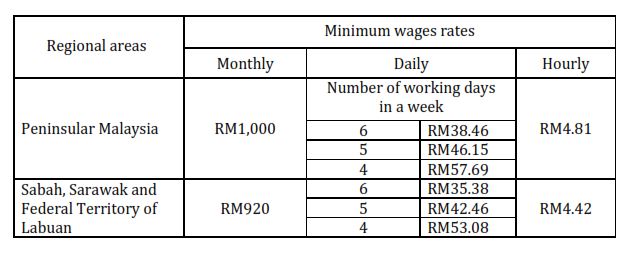
Last year, the minimum wage for private sectors in Peninsula Malaysia was RM1000, the same as the year before. And prior to that, the average minimum wage for private sectors in West Malaysia was RM940 from 2013-2017. WTF?
This goes beyond this article, beyond the F&B industry… How do we honestly expect to build a functioning economy with a strong workforce if we’re still being paid a pittance? Forget that, how is anyone supposed to survive on RM1k/month in the Klang Valley?
The minimum wage in Sabah and Sarawak is still RM920 btw.
3. Malaysians want to be served, not to serve

Many employers in the F&B sector have said that as Malaysians, we have forgotten our culture of hospitality, our culture of being humble. It’s probably more evident in the Klang Valley than anywhere else in Malaysia. I mean look at us, people can hardly tell the difference between a working professional from KL and one from Singapore anymore. Life in the city has gotten tough.
As we move towards a more educated society, the desire to find jobs that live up to this image is higher. Where once, the profession of being a school teacher was associated with nobility, it’s now viewed as a job for people who can’t get high-paying, white-collar jobs.
Thus, when everyone around you is on (or think they’re on) an express lane to making big bucks, there really is no interest to aim for service jobs. Just throw a stone into the compound of any university or college here, chances are you’ll hit someone who’s convinced their big ideas will change the world. It’s likely they want their enemies (other kids they don’t get along with) to serve them coffee once/if they get big and famous.
I have this policy that if a person is rude to servers at restaurants, they’re just total jerks in real life. Have you ever been to a shady mamak before? There’s a lot of testosterone in the air by alpha-apes. Just because you’re paying for your food, that doesn’t give you a pass to be an a-hole to the staff. The whistling and shouting doesn’t make you look gangster; more like a buffoon.
Aside from being ill-mannered, we’re also notoriously lazy. Even fast food joints have to hire waiters and waitresses, which is pretty funny if you think about it.
4. Local waiters and waitresses have always been students working part-time ’til they graduate
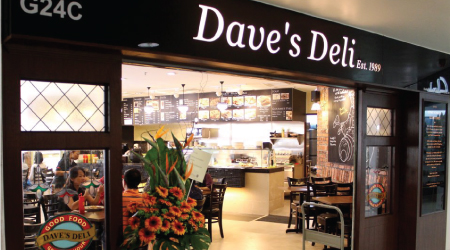
20 years ago, it wouldn’t be out of place to find local college students serving your meal. But most of them eventually grew up, got their degrees and left the service industry. Even back then, waitering was never meant to be a permanent gig. Not to mention, many underage kids went to work at hotels and restaurants and although they too left, this is not a trend today. Most parents are likely to be over-protective and over-demanding with their kids’ part time or first job.
Today’s millennials are guilty of many things but not following their predecessors’ footsteps for getting extra pocket money is not one of them. Kids today are shrewd enough to use the internet to start their own businesses and create apps for other Malaysians. So that’s why we don’t see a new generation of local college kids serving us our meals anymore.
5. Everyone who studies hospitality ends up in the hotel or tourism line or as a Chef
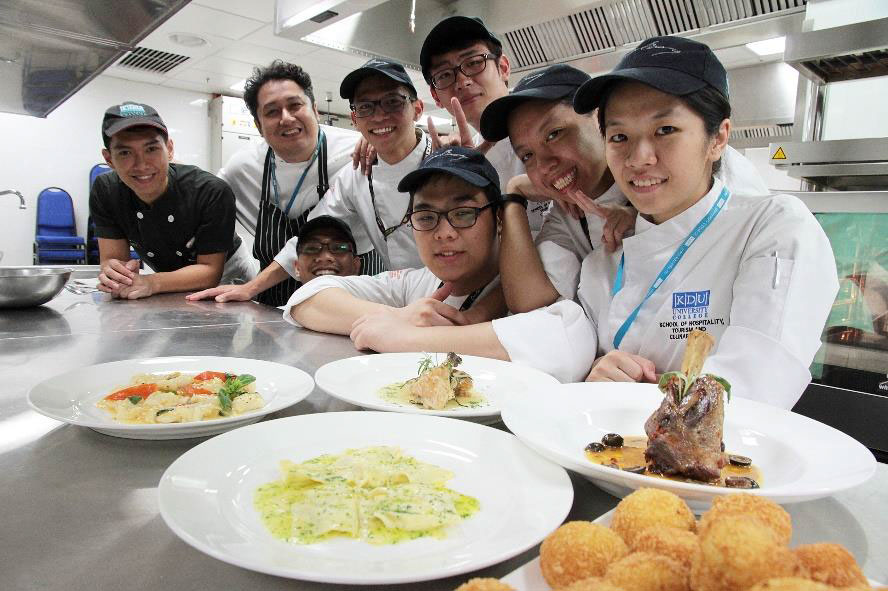
Maybe the real reason why there’s a lack of enthusiasm for waitering is because the importance of F&B frontliners is not taught to kids studying it in college. Everyone wants to be a hotel manager or a head chef. No one tells them that the difference between a good dining experience and a bad one could be the person that stands in between the diners and the chef.
Either that, or after awhile, those who have genuine talent and actual interest in the service industry, head over the Media Department and switch their degrees to Public Relations.
6. There’s no tipping culture hence no motivation to go beyond the call of duty
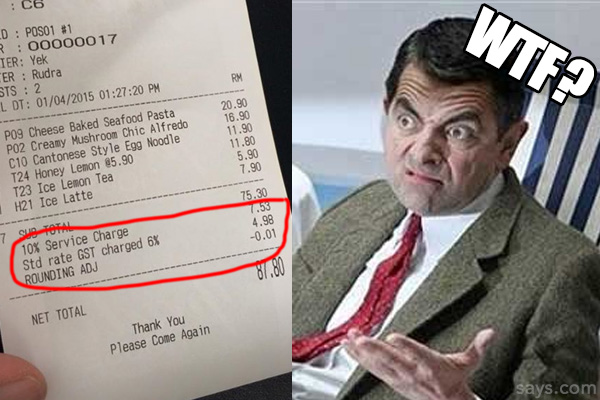
Not all the onus is on millennials or people who are already working in the service industry or even the government. Sometimes it’s just us Malaysians being cheapskates.
We don’t tip and we want things fast. We don’t tip and we expect service with a smile. We don’t tip and we expect the same good service from the same restaurant every time we go there.
As the GST is now in full swing, implemented and observed by the majority of Malaysians, the 10% Service Tax that was once a contention is now gone, supposedly. The restaurants that still charge it are expected to use the service charge as tips or bonuses for the workers. However, as consumers we don’t know if the owners are pocketing the service tax themselves. I mean, they don’t even serve us free water for crying out loud.
It’s hard to even have a conversation on tipping culture when we don’t even know what happens at the end of the day when the restaurant shuts its doors. Where does the money go? Who’s keeping track of that? Definitely not the government–there are like a gazillion eateries in this land so famous for its local cuisine.
7. Malaysians don’t clean their trays and leave a big mess
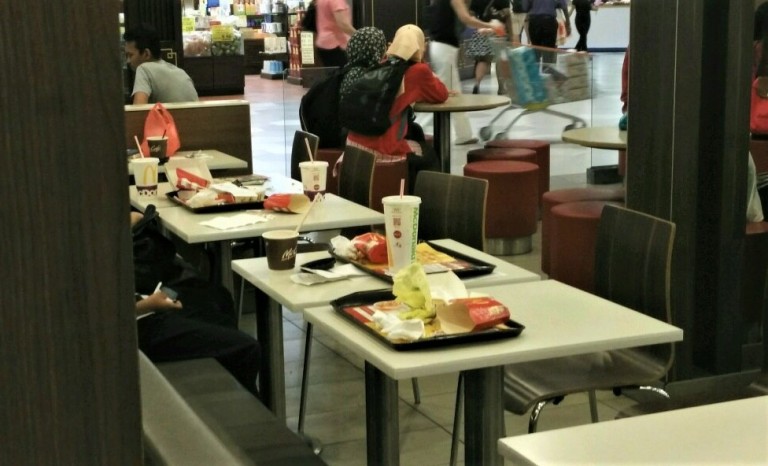
Yes, just look at any McDonald’s or eateries with trays. The mess is just left there, chairs are not shifted inside to save space when diners are done, some parents even let their kids leave a mess without schooling them.
In other countries, you have 2 staff manning a whole standard-sized McD’s (something like the one at SS15 Subang Jaya), and it’s clean ’cause the patrons aren’t slobs.
Btw, we need to remember that Malaysia has the reputation of having the worst, dirtiest toilets in the world. We should probably at that business first before analysing F&B, but ANYWAY…
8. It’s just cheaper to hire foreign workers, and consumers don’t want to pay more for their meals
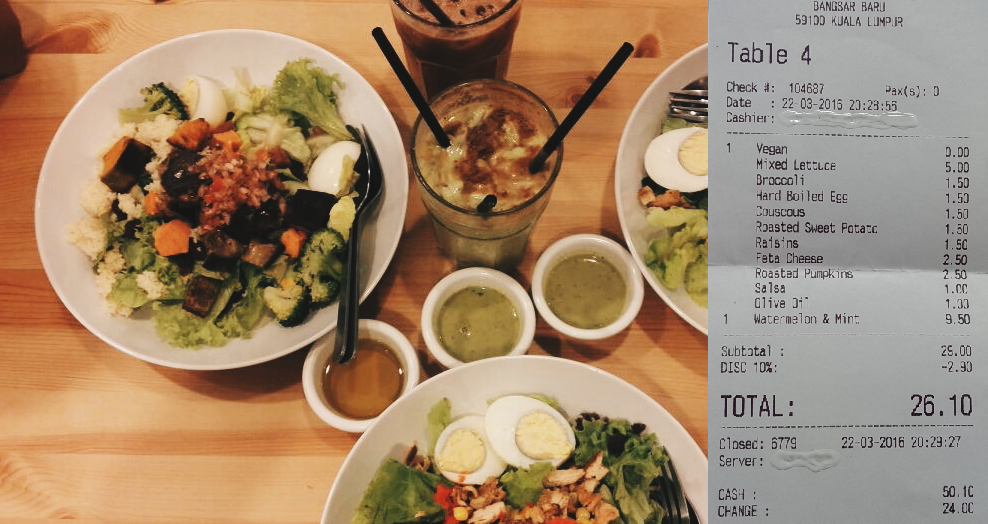
“Mamak sell cheap food. If we get locals as frontliners, it’ll greatly increase the food cost,” said restaurant owner Mr. Muthusamy, President of Malaysian Indian Restaurant Owners Association (Primas) in the statement by the joint committee.
While the cost of living in KL is getting higher, it should be noted that the price of food has already increased despite any additional labour costs. Rent, the price of ingredients, transport and electricity… these are all out of our hands.
We are already prepared for more increases in our living expenses. We do this knowing that we’re paying for a better life, a better environment or city, and better governance. And because of that bitch inflation.
We are okay with paying significantly more for better quality food, but not for better service which is weird to a lot of Westerners but understandable to anyone local–we’re a practical breed of people, we care about the product’s quality, not the delivery.
Still, we eat 3 times a day, and it’d be nice for someone to get the order correct or ask how was your day in a local dialect.
Have you ever worked as a frontliner in F&B? Tell us your experience in the comments!
More features and opinions here.


 Get Audio+
Get Audio+ Hot FM
Hot FM Kool 101
Kool 101 Eight FM
Eight FM Fly FM
Fly FM Molek FM
Molek FM